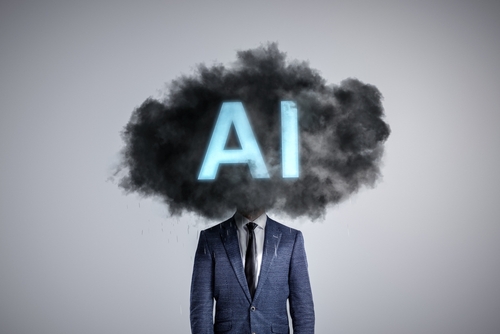A new report from Resume.ai reveals a surprising trend: employees are turning to AI tools instead of their managers for help at work. One in five now rely on AI for day-to-day guidance, and more than a third use AI over their boss when preparing for performance reviews.
At a glance, this might look like a tech success story. AI offers instant feedback, consistent responses, and no meetings. But underneath that convenience is something more concerning: a gap in leadership.
When AI Fills a Leadership Void
According to Resume.ai’s survey of 1,000 full-time workers:
- 67% prefer using AI tools over their managers for guidance.
- 52% cite faster response times, and 46% say AI is more knowledgeable.
- 6% admit they don’t trust their manager’s advice.
These aren’t fringe users. AI is becoming a go-to tool for workplace support—and not just for technical tasks. When workers use AI for feedback and performance insight, it signals something deeper: managers aren’t showing up with the guidance employees want.
The issue may be structural. According to the Chartered Management Institute, 82% of managers lack formal training. Without development, even well-meaning leaders can fall short—too slow to respond, too vague with feedback, or too absent when it counts.
Younger Workers Are Leading the Shift
Millennials and Gen Z are especially quick to replace their managers with AI. More than 60% of millennials report using AI daily or often, while over half of Gen Z does the same. In contrast, only 38% of Gen X and 31% of Baby Boomers say they rely on AI tools at the same frequency.
The gap isn’t just generational—it’s cultural. These employees expect fast, personalized support. If they can’t get it from their manager, they’ll get it elsewhere.
And managers themselves? They’re not immune. Nearly a quarter openly admit to using AI for managerial tasks, and 38% of workers suspect their boss is using AI behind the scenes.
What Leaders Should Take from This
This isn’t about resisting AI. It’s about rethinking leadership. Employees don’t need someone who knows everything—they need someone who’s present, informed, and trusted.
- Train managers like professionals. Leadership isn’t instinctual—it’s a skill.
- Compete with AI on what it can’t do: empathy, context, credibility.
- Make guidance a daily practice. Feedback once a quarter isn’t enough.
AI is here. It’s useful. But it’s not a substitute for leadership. When employees stop turning to managers, it’s not because AI is too good—it’s because management isn’t.
Lin Grensing-Pophal is a Contributing Editor at HR Daily Advisor.




